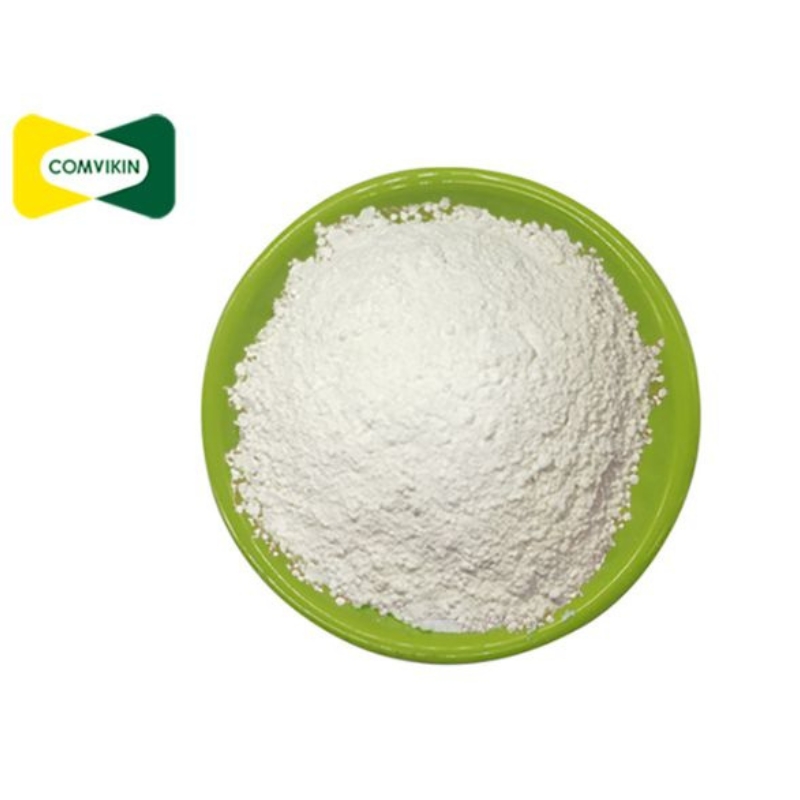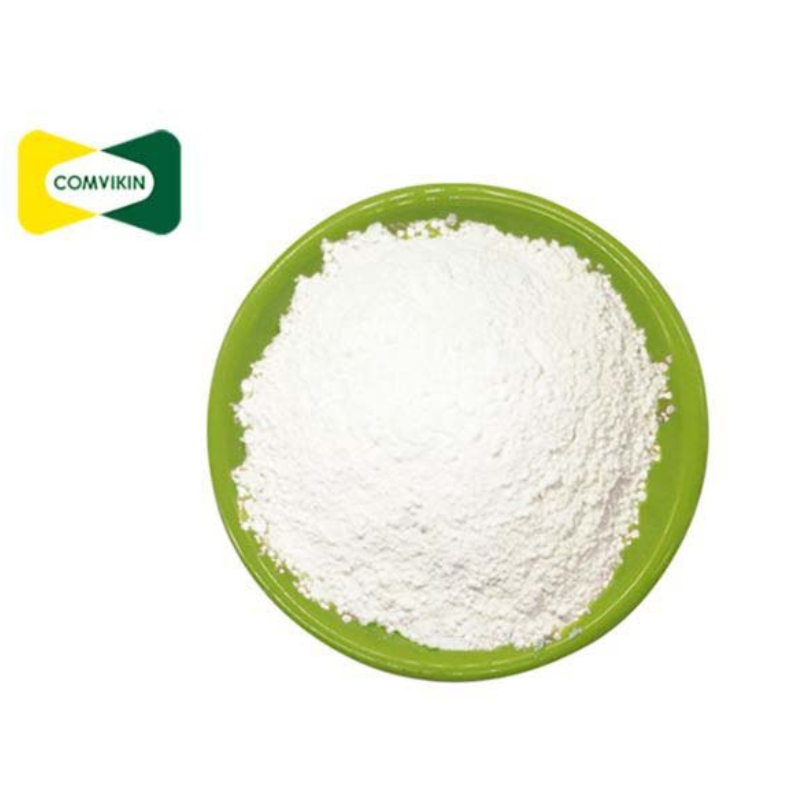Largest Ascorbyl Palmitate Factory
Produced by biological enzyme method.
Environmentally Friendly High-Purity Ascorbyl Palmitate
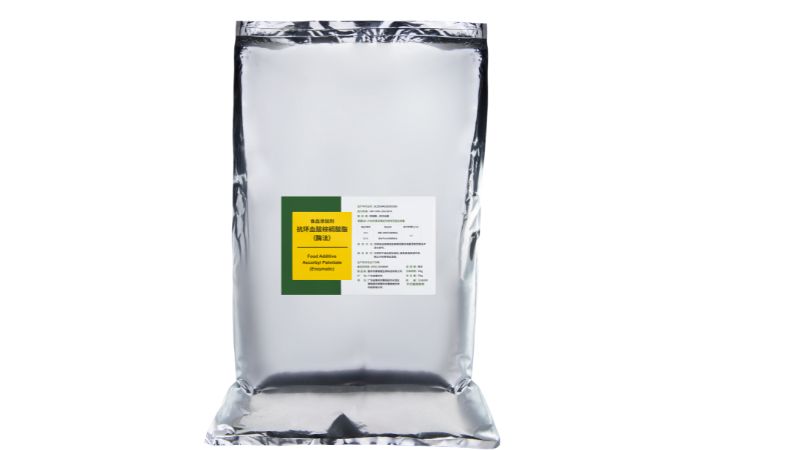
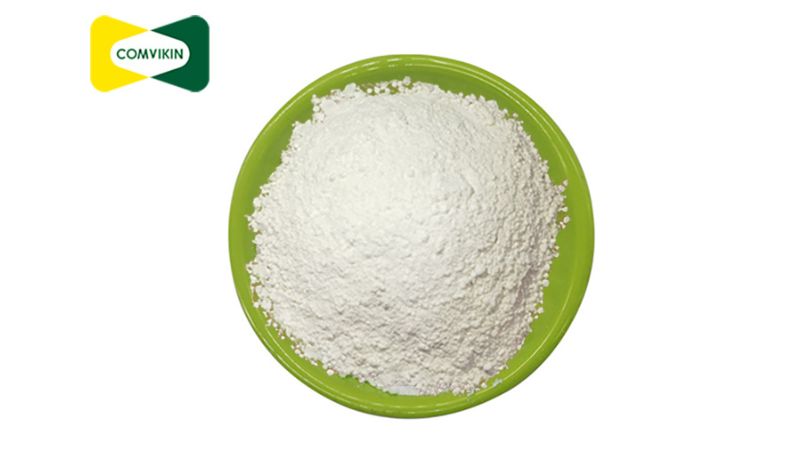
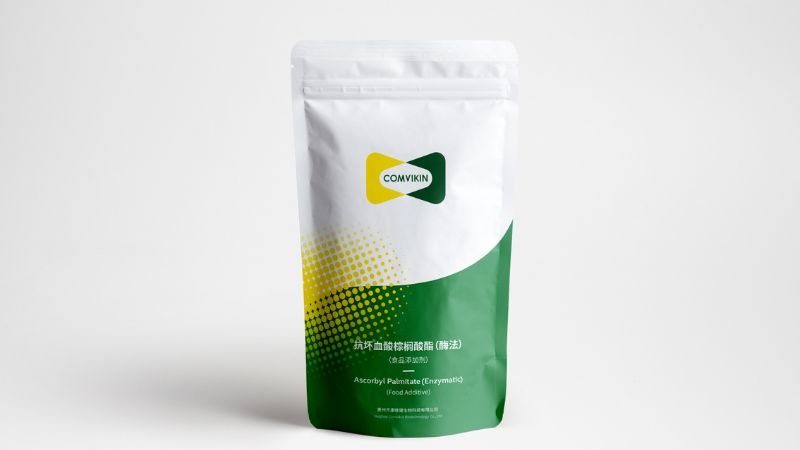
8 Benefits About Ascorbyl Palmitate
Why Choose Us






Our Certificates

FAQ
Food: To preserve freshness and extend shelf life. Cosmetics: For skin health benefits and protection against environmental damage. Pharmaceuticals: As a stabilizer to maintain the efficacy of formulations.
Milk Powder
The role of ascorbyl palmitate in milk powder is mainly reflected in its stability enhancement and fat-soluble absorption characteristics. These characteristics enable the ascorbyl palmitate in milk powder to better maintain its vitamin C activity and provide the nutritional benefits of vitamin C more effectively during digestion and absorption.
One of the key advantages of using Ascorbyl Palmitate in milk powder is its ability to protect vitamin C from degradation due to heat, light, and oxygen exposure. This stability enhancement is vital for manufacturers looking to provide high-quality products that retain their nutritional value over time. By incorporating Ascorbyl Palmitate, milk powder can deliver effective antioxidant properties, combating oxidative stress in the body and contributing to overall health.
In addition to these benefits, Ascorbyl Palmitate can contribute to the sensory attributes of milk powder, such as flavor stability and color retention, further improving the overall quality of the product. By using Ascorbyl Palmitate, manufacturers can not only enhance the nutritional profile of their milk powder but also appeal to health-conscious consumers seeking products rich in essential vitamins.


Food Additive
Ascorbyl Palmitate is a fat-soluble derivative of vitamin C, which is often used as a food additive to provide antioxidant freshness and improve food quality.
Its specific applications in the food industry are as follows:
-
Antioxidant
-
Edible oils and fats
-
Processed meat
-
Oatmeal and Cereals
-
Dairy products
-
Food Supplement
Cosmetic Raw Materials
Ascorbyl palmitate has multiple roles in cosmetics. Acting as an antioxidant, it protects the skin from environmental damage and free radicals, while boosting collagen synthesis and boosting the complexion's luminosity. In addition, it stabilizes skin care ingredients, reduces hyperpigmentation, relieves skin inflammation, and provides antioxidant protection in hair care products. However, cosmetic regulations should be followed when applying to ensure safety and effectiveness, and it is best to use it reasonably according to product characteristics and professional advice.


Pharmaceutical Excipients
Ascorbyl palmitate has several roles in pharmaceutical excipients, the following are some common applications:
Increased stability: Ascorbyl palmitate can be used as a stabilizer in drugs to help maintain the chemical stability of drugs, reduce the possibility of drug decomposition or degradation, and thus extend the drug's validity period.
Antioxidant protection: Similar to its role in food and health products, ascorbyl palmitate can provide antioxidant protection in drugs, reduce the effect of oxidation on drug ingredients, and maintain the efficacy of drugs.
Improve taste: In some oral drugs, ascorbyl palmitate can be used to improve the taste of the drug, reduce the bitterness or irritation of the drug, and improve the patient's medication experience.
Improves drug solubility: Ascorbyl palmitate may improve the solubility of some drugs, making them more easily absorbed in the body and thus improving their efficacy.
Masking of oxygen-sensitive drugs: For some drugs that are susceptible to oxidation, ascorbyl palmitate can be used to coat the drug to reduce its exposure to oxygen, thereby protecting the stability of the drug.
Facilitating drug delivery: Ascorbyl palmitate can be used in some drug delivery systems, such as microparticle carriers or nanoparticles, to improve drug bioavailability and targeted delivery.
Health Product Raw Material
When ascorbyl palmitate is used in health care raw materials, it is supplied with fat-soluble vitamin C, which is easier to be absorbed by the body, and can provide antioxidant protection and reduce the damage to cells and tissues caused by oxidative stress. Compared with pure vitamin C, ascorbyl palmitate is more stable and less prone to lose its antioxidant activity under certain conditions, which makes it more reliable in the manufacture and storage of health care products.



